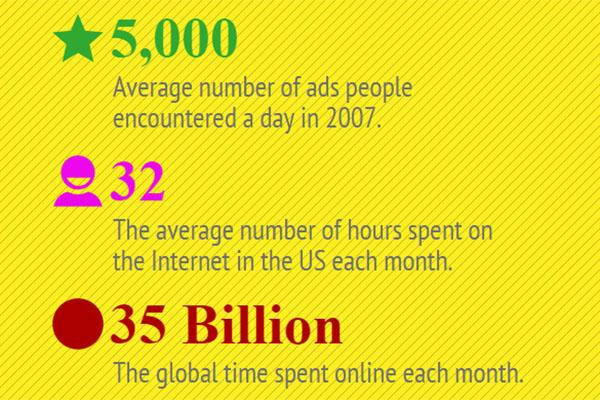Chromebooks, will we be spared?
How 1:1 computing ought to be used in schools

Unfettered screen time in school and at home. Is that such a good thing?
September 26, 2014
Imagine this world: you go to Western Civ. and hop on a computer to research the French Revolution. Then you head over to Biology and find extinction rates of animals, followed by taking notes on your computer. You word process essays in English, take digital notes in Algebra, and use computers all through the day. You go home, finish your homework on the computer, and then go on YouTube or Facebook in your free time.
Is all this screen time a good thing?
Honestly, no.
While Chromebooks are great tools for teachers and students to use, they cannot and should not take over the classroom.
The Chromebooks are effective in class for keeping students interested and on topic. When students are using technology to communicate in classes, they are in an active role rather than the passive role of recipient of information. This gives multiple choices on how to display information (U.S. Department of Education).
“When we’ve used it, students have been very engaged and very focused,” AP Stats teacher Sandy Czajka said. “I definitely have seen that. Much more so than if I had just given them a worksheet.”
In this regard, Chromebooks are helpful and allow for different and exciting ways of study. The Chromebooks are also good for the teachers.
“All the teachers having Chromebooks… allows teachers to efficiently and effectively communicate with each other, share resources, [and] share agendas,” Assistant Principal Kimberly Hayes said.
However, the idea of full integration of Chromebooks into the school, replacing textbooks and worksheets, does not seem like the correct way to use the technology.
“I think it’s a good thing it’s being integrated,” Czajka said. “[But I] definitely see it as just one tool to be used in the class.”
While technology is useful for learning, writing, and having fun in general, it should not take over the whole class, as the long term use of electronics could be harmful to people. In general, technology can be good for children’s cognitive development if it is used sparingly and including breaks. If it isn’t, however, it could be harmful to the mind (The Dana Foundation).
Internet use can also affect interactions in the real world. Due to the fast pace of the Internet, people have become more impatient, impulsive, forgetful and even more self-obsessed in the real world due to long-term internet use. Think about it; if you have a Facebook account, you are constantly writing about yourself and your great accomplishments, and the constant ads flashing on the screen can make people think that the ad may not show up again and will therefore splurge on the item. (The New York Times)
While electronics are basically the best inventions ever if you ignore food products, they must be used sparingly and the use of them for note taking and other things easily done off a computer seems like an unnecessary splurge of time on an electronic.
However, the Chromebooks are necessary in giving students an education in electronics and helping them for the future.
“Technology’s a reality,” Hayes said. “Schools have a responsibility to prepare students as best as they can for what we don’t know the future holds for the technological way.”
While the Chromebooks are certainly helpful in the classroom, they should be used in moderation and should not take over the classroom, being used only when necessary. Chromebooks should not be integrated into any class that doesn’t specifically need them, and, when integrated, they shouldn’t take over the whole classroom.



Lisa Aulerich-Marciniak • Sep 26, 2014 at 11:56 am
Galen, I am glad that students such as yourself are interested in the balance between technology and traditional learning/teaching. Here’s an article that reinforces what you’re saying, on a new study that points to the fact that even note taking on computers might not be good.
http://www.edtechmagazine.com/higher/article/2014/04/study-laptops-arent-best-way-take-notes